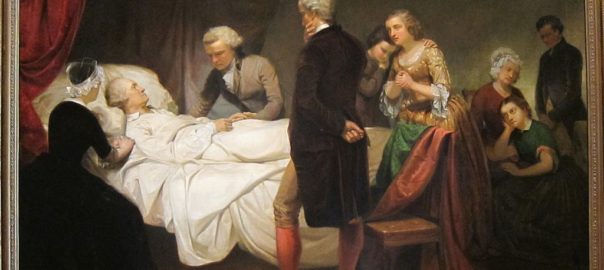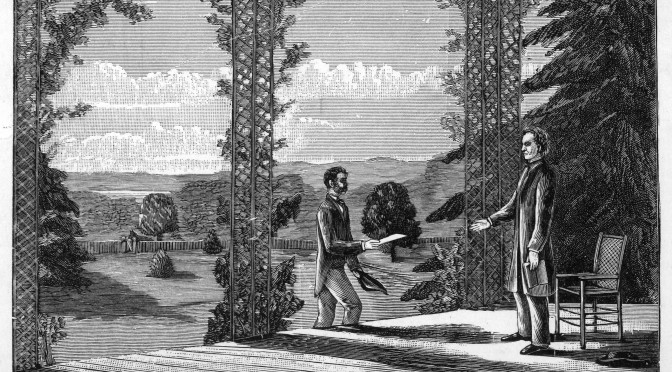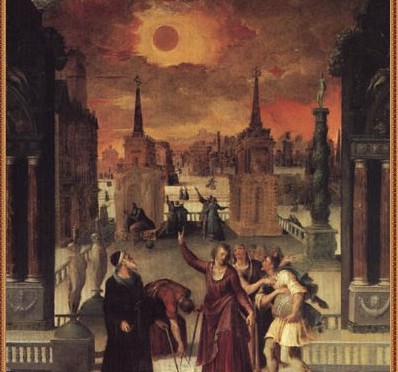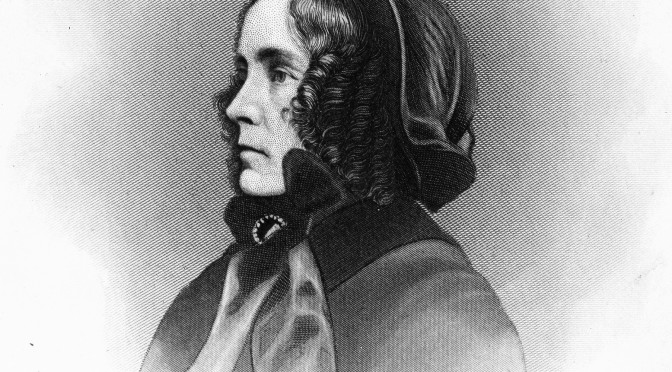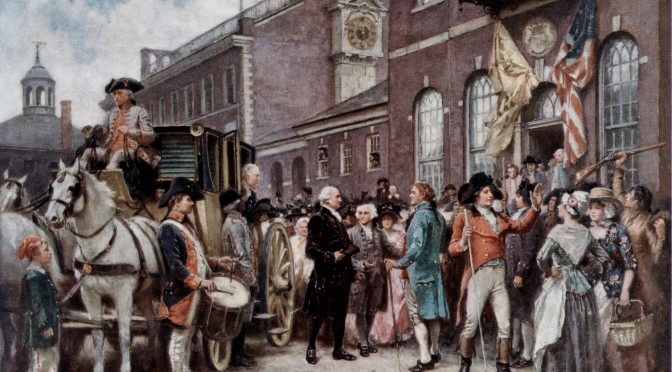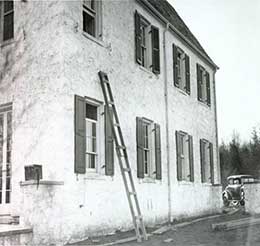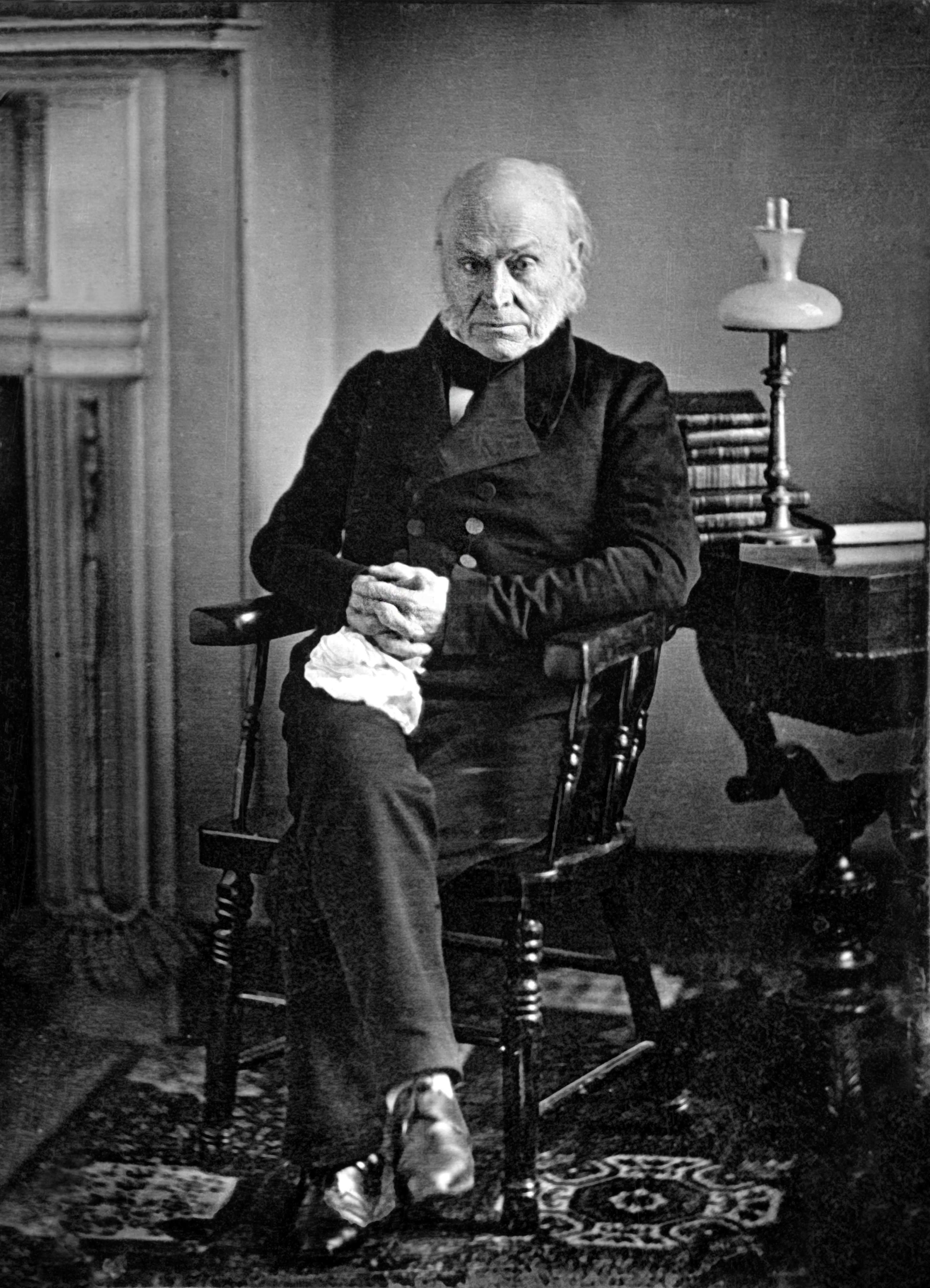On the night of Saturday December 14, 1799, George Washington, 67 years old, died in his bed at Mount Vernon. His death was a family and medical drama, a source of endless controversy, and the opening act in a period of official and unofficial anguish throughout the United States. As the sad tidings spread, the country experienced a sense of collective and national loss never before known and rarely equaled since. The United States government, sitting in Philadelphia, received the news with reluctant incredulity and then began the long process of national mourning under the leadership of its president. Scattered across the country were other men who would one day succeed Washington as chief executive. Some were already national figures, while others remained in obscurity or in childhood, little dreaming that they would someday occupy the presidential office. Those of his successors who wrote in memory of him, as many of them eventually did, would find, in their reflections upon the life and death of Washington, that, for good or ill, their lives had been inextricably linked with his.
